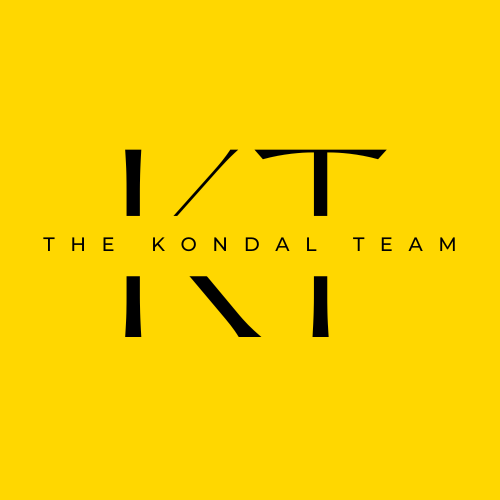As we look ahead to 2025, the hotel industry is poised for significant transformation. Driven by technological advancements, changing consumer preferences, and a heightened focus on sustainability, the future of hospitality promises to be both innovative and challenging. Here are some key trends and developments that will shape the hotel industry in the coming years:
Technological Integration
Technology will continue to revolutionize the hotel experience. From AI-powered concierge services to smart room technology, hotels will increasingly leverage innovations to enhance guest experiences. Expect widespread adoption of mobile check-ins, digital room keys, and personalized in-room experiences controlled via smartphones or voice assistants. Augmented reality (AR) and virtual reality (VR) will also play a role in offering virtual tours and immersive local experiences.
Personalized Guest Experiences
Data analytics and artificial intelligence will enable hotels to offer more personalized services. Hotels can tailor recommendations and create bespoke experiences by analyzing guest preferences and behavior. From personalized room settings to curated local activities, the focus will be on making each guest feel unique and valued.
Sustainability and Eco-Friendly Practices
With growing awareness of environmental issues, sustainability will be at the forefront of the hotel industry’s priorities. Hotels will adopt eco-friendly practices such as reducing single-use plastics, implementing energy-efficient systems, and sourcing locally-produced food. Green certifications and sustainability ratings will become key differentiators for travelers increasingly concerned about their environmental impact.
Health and Hygiene
The COVID-19 pandemic has underscored the importance of health and hygiene in the hospitality sector. Enhanced cleaning protocols, contactless services, and improved air filtration systems will become standard. Hotels will invest in technologies that minimize physical contact, such as touchless elevators and automated check-in/out processes.
Flexible Booking and Cancellation Policies
The uncertainty of global travel has led to a demand for more flexible booking options. To attract cautious travelers, hotels will offer more lenient cancellation policies and adaptable booking arrangements. Membership programs and loyalty schemes will also provide added value and assurance to guests.
Remote Work and Bleisure Travel
The rise of remote work has blurred the lines between business and leisure travel. Hotels will cater to “bleisure” travelers by offering work-friendly amenities such as high-speed internet, co-working spaces, and business centers. Extended stay options will also become more popular as travelers combine work with vacation.
Focus on Wellness
Wellness tourism will continue to grow, with hotels offering a range of health-focused amenities and programs. From on-site fitness centers and yoga classes to spa treatments and healthy dining options, the emphasis will be on providing holistic well-being experiences. Mental health initiatives, such as meditation sessions and stress-relief activities, will also gain traction.
So What?
The hotel industry in 2025 will be characterized by a blend of technological innovation, personalization, sustainability, and a renewed focus on health and wellness. As hotels adapt to these trends, they will enhance guest satisfaction and ensure resilience in a rapidly evolving landscape. The future of hospitality is bright, promising new opportunities for those willing to embrace change and prioritize the needs of their guests.
Contact us today to learn more about how we can support your hotel investment and revenue improvement strategies.

Leave a Reply